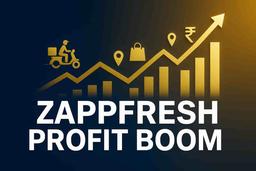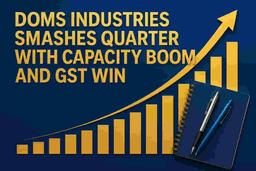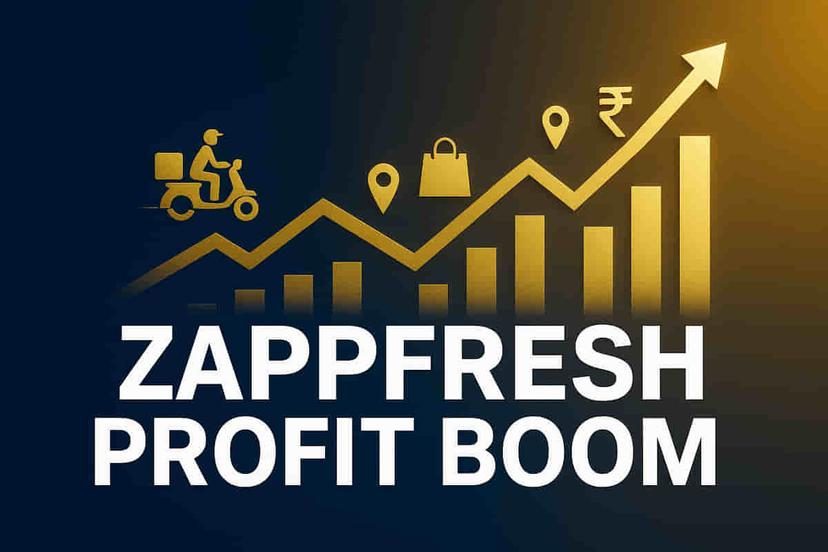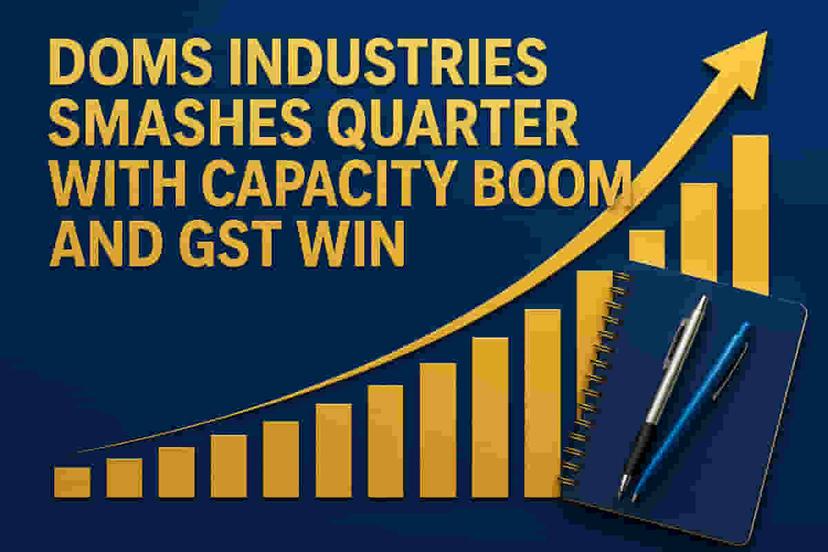Shocking EV Rule Fight! India's Auto Giants In Fierce Battle Over Future Cars!
Auto
|
Updated on 13 Nov 2025, 02:12 pm
Reviewed By
Akshat Lakshkar | Whalesbook News Team
Short Description:
Stocks Mentioned:
Detailed Coverage:
India's automotive industry is grappling with new Corporate Average Fuel Efficiency (CAFE) III norms set to be implemented from 2027 to 2032. The proposed norms have created a rift among major passenger vehicle manufacturers. Maruti Suzuki is in favour of proposed relief on emission norms for small cars, a stance opposed by prominent players like Tata Motors and Mahindra & Mahindra.
However, the industry is united in its demand for significantly higher 'super credits' for battery electric vehicles (BEVs) over transitional technologies like flex-fuel and hybrid models. The Society of Indian Automobile Manufacturers (SIAM) has expressed concern that the Bureau of Energy Efficiency's (BEE) draft proposal, which awards nearly similar super credits (2.5 for flex-fuel/hybrids vs. 3 for BEVs), dilutes the core objective of accelerating the country's transition to fully electric mobility. SIAM advocates for a higher credit multiplier for EVs, suggesting 4, to accurately reflect the environmental advantage of zero-emission vehicles.
Industry executives argue that hybrids and flex-fuel vehicles remain interim solutions still reliant on fossil fuels, whereas EVs eliminate tailpipe emissions entirely. They believe the current draft structure makes it commercially less attractive to prioritize investments in fully electric platforms. The allocation of higher super credits is crucial for manufacturers to meet tightening CO₂ norms and avoid potential penalties, especially as many are expanding their EV portfolios.
Impact This news directly impacts the strategic decisions, investment priorities, and compliance costs of major Indian automotive manufacturers, potentially influencing the pace of EV adoption and the overall market landscape. The divergence in opinions on emission norms and the debate over EV incentives highlight the complex regulatory environment shaping the future of mobility in India. Impact Rating: 8/10
Definitions CAFE III (Corporate Average Fuel Efficiency III): A set of regulations mandating average fuel economy standards for a manufacturer's fleet of vehicles over a specific period (2027-2032). Super Credits: A multiplier system used to calculate a vehicle's contribution to a manufacturer's fleet-average carbon emissions. Higher credits for cleaner vehicles help offset emissions from less efficient ones. Flex-fuel vehicles: Vehicles designed to run on a mixture of gasoline (petrol) and ethanol, offering flexibility in fuel choice. Hybrid vehicles: Vehicles that combine an internal combustion engine with one or more electric motors, using both fuel and electricity. Battery Electric Vehicles (BEVs): Vehicles powered exclusively by electricity stored in rechargeable batteries, with no internal combustion engine. Tailpipe emissions: Pollutants released directly into the atmosphere from a vehicle's exhaust system.
Consumer Products Sector

Jubilant FoodWorks Rockets to Profit Tripling! Q2 Earnings SMASH Estimates – Investors REJOICE!

D2C Meat Sensation Zappfresh Reports Astonishing Profit Surge & Revenue Boom! Investor Alert!

Asian Paints Shocks Investors! Profit SOARS 14%, Volume Jumps Amidst Intense Rivalry - See The Full Story!

LG Electronics' Q2 Shock: Revenue Up, But Profits Plummet Post-Listing! What's Next?

Red Fort Blast SHOCKS Delhi Markets! Fear Drives Buyers ONLINE, Businesses Plummet!

Doms Industries Explodes: Capacity Boost, GST Win, and Record Growth Ignite Stock Surge!
Mutual Funds Sector

Unlock Alpha Secrets: Top Fund Managers Reveal Strategies for India's Toughest Markets!









